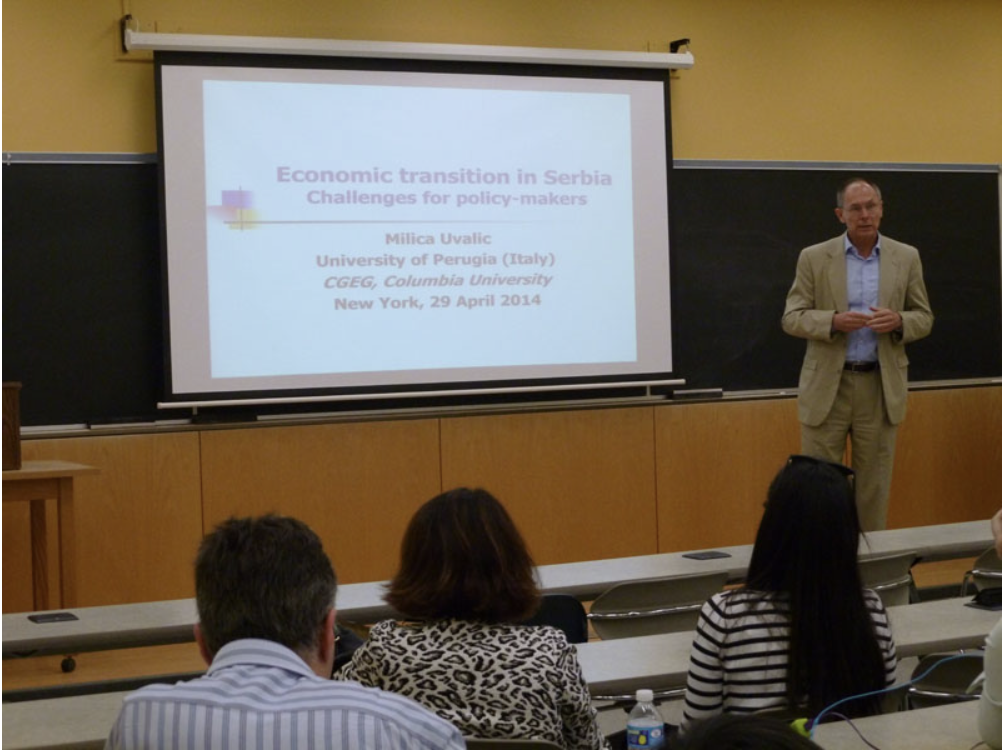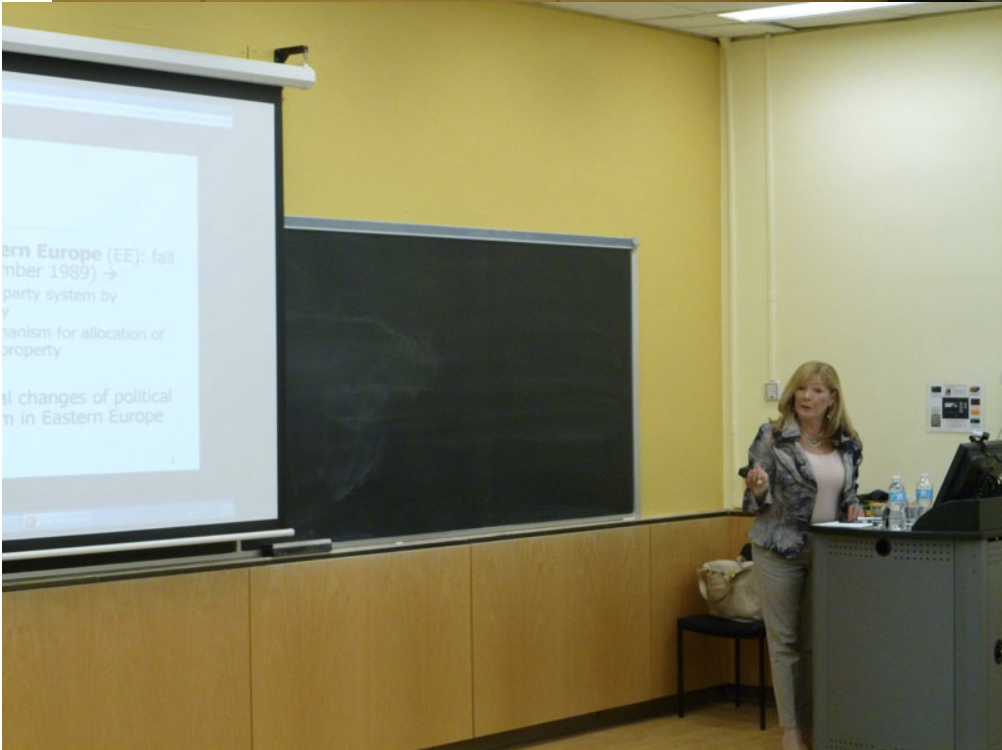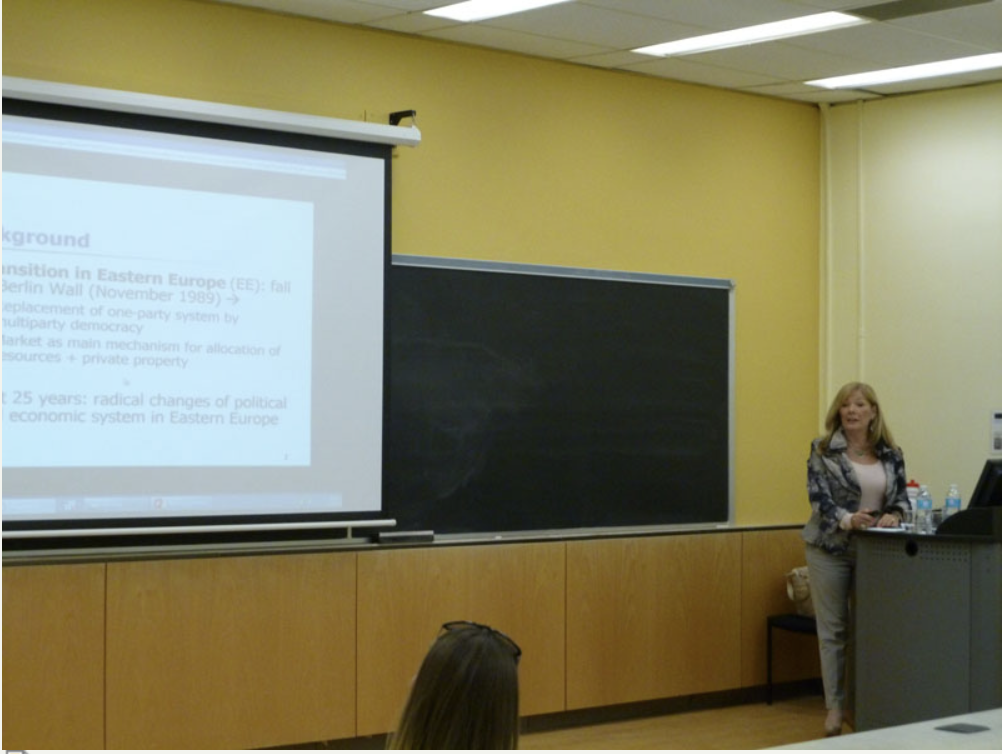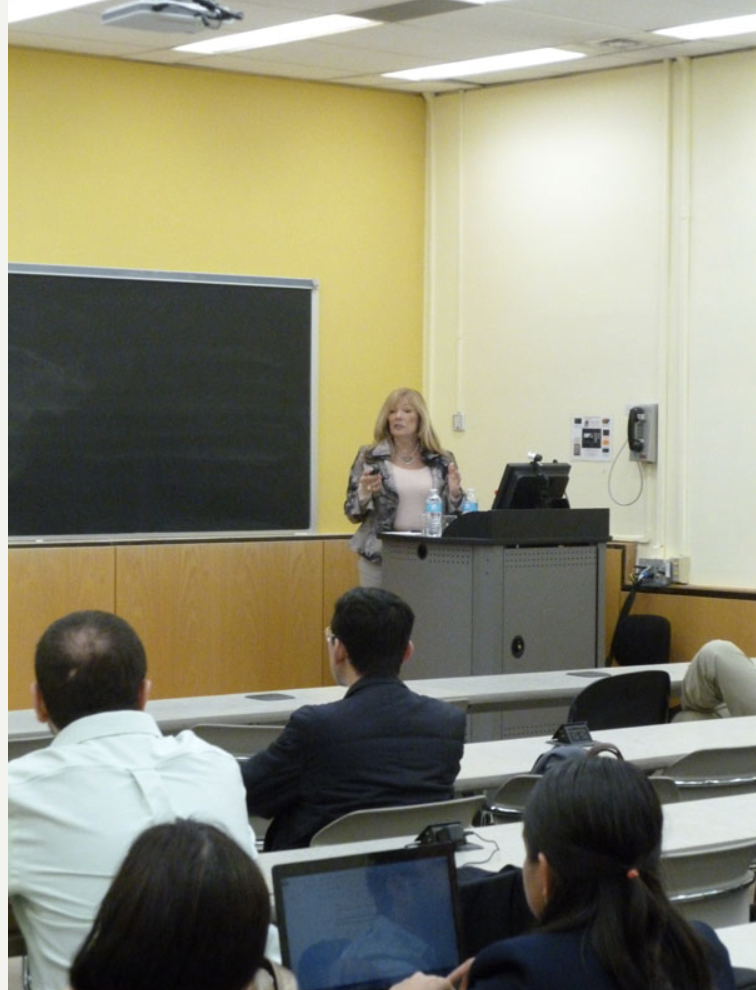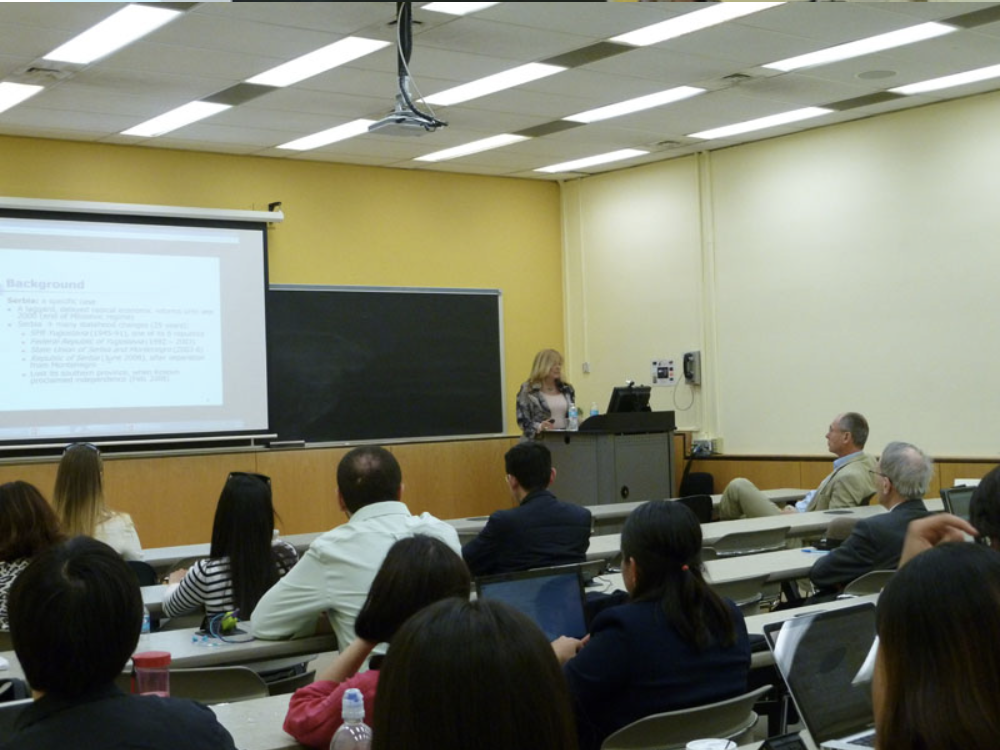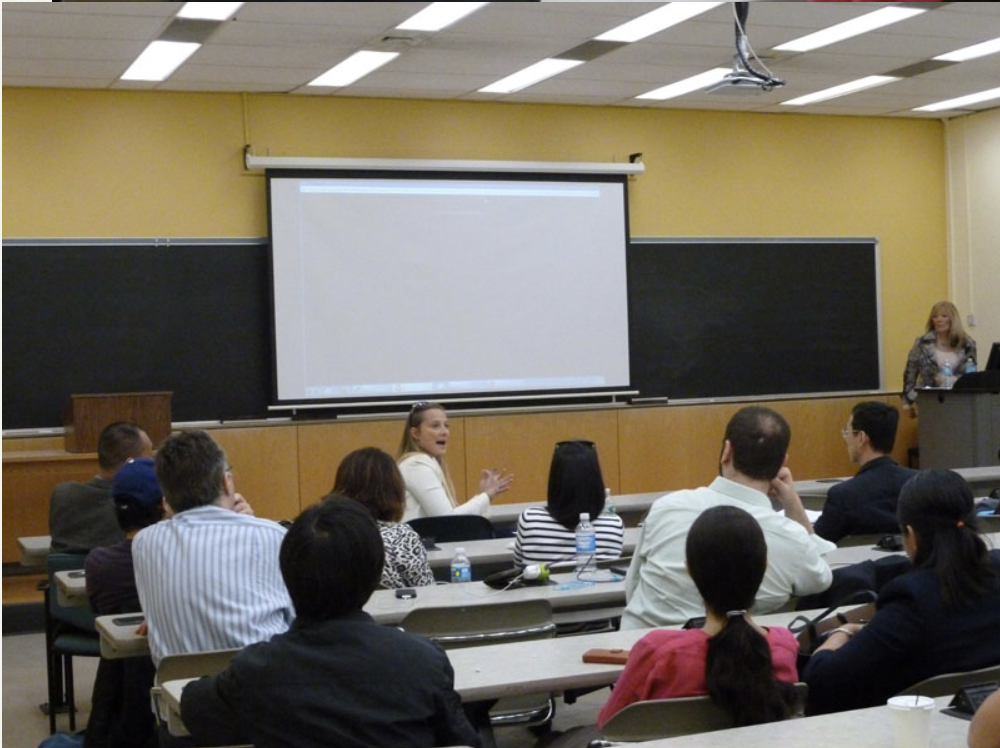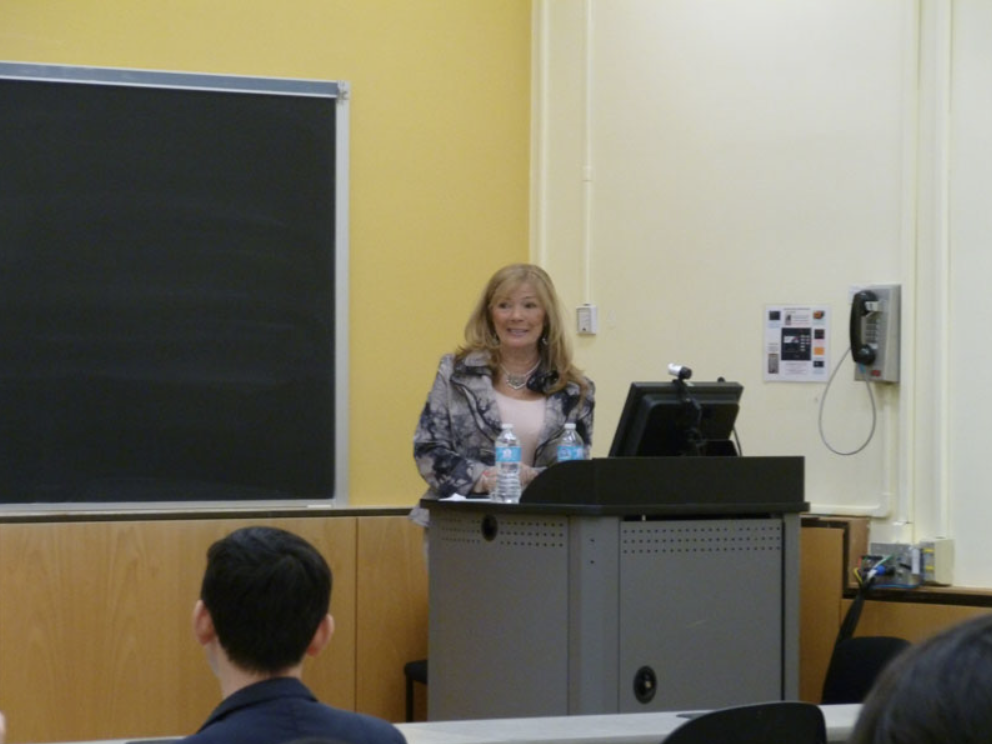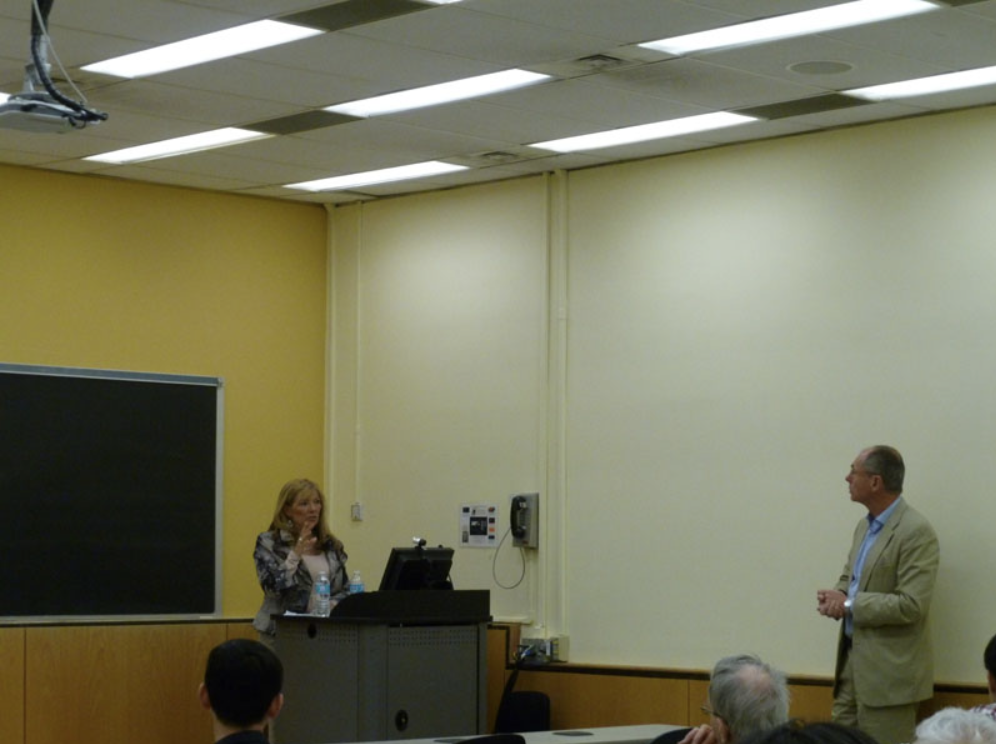You can access the PowerPoint presentation here (pdf).
Serbia is one of the countries that has emerged from the disintegration of Socialist Yugoslavia in 1991. Its transition to a market economy has been particularly difficult, due to adverse political and economic conditions that prevailed in the 1990s. Bold economic reforms started being implemented primarily after the political changes in late 2000. In this lecture, Professor Milica Uvalic discussed Serbia's difficult twenty-five years of transition to a market economy (1989-2015), explaining why a country that had among the best starting conditions in 1989 ended up lagging so far behind. Uvalic explored the initial conditions in Serbia in 1989, including the difficult 1990s when the country experienced extreme political and economic instability, severe UN economic sanctions and NATO bombing, and the new phase of Serbia's transition after the political changes in autumn 2000. The main achievements and failures of the post-2000 strategy, as well as the challenges currently faced by Serbian policy-makers, were also addressed. Uvalic concluded by discussing how the global economic crisis has pushed the country into a double-dip recession accompanied by very high unemployment and low employment rates, increasing public and foreign debt, slow recovery of foreign direct investment, requiring several arrangements with the International Monetary Fund.
Milica Uvalic is a Professor in the Department of Economics, Finance and Statistics at the University of Perugia (Italy). Formerly she was member of the UN Committee for Development Policy, nominated for two terms (2008-2012), Public Policy Scholar at the Woodrow Wilson Center in Washington DC (2009) and Vice-Minister in the Federal government of FR Yugoslavia (2001). She holds a PhD in Economics from the European University Institute, Florence, Italy. Her recent publications include "FDI into transition economies: Are the Balkans different?" (with Saul Estrin), (2014), The Economics of Transition, Vol. 22 (2), pp. 281-312; Serbia's Transition Towards a Better Future (2010); Western Balkans' Accession to the European Union (with B. Cerovic, 2010); "Transition in Southeast Europe: Understanding Economic Development and Institutional Change", in G. Roland (ed) (2012), Economies in Transition; "Why development patterns differ: the Czech and Serbian models compared" (with J. Svejnar) in M. Aoki (ed) (2012), Institutions and Patterns of Economic Development.
You can access the PowerPoint presentation here (pdf).
The event was co-sponsored by the Center on Global Economic Governance and the Program in Economic Policy Management.

